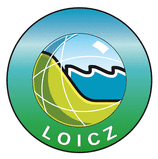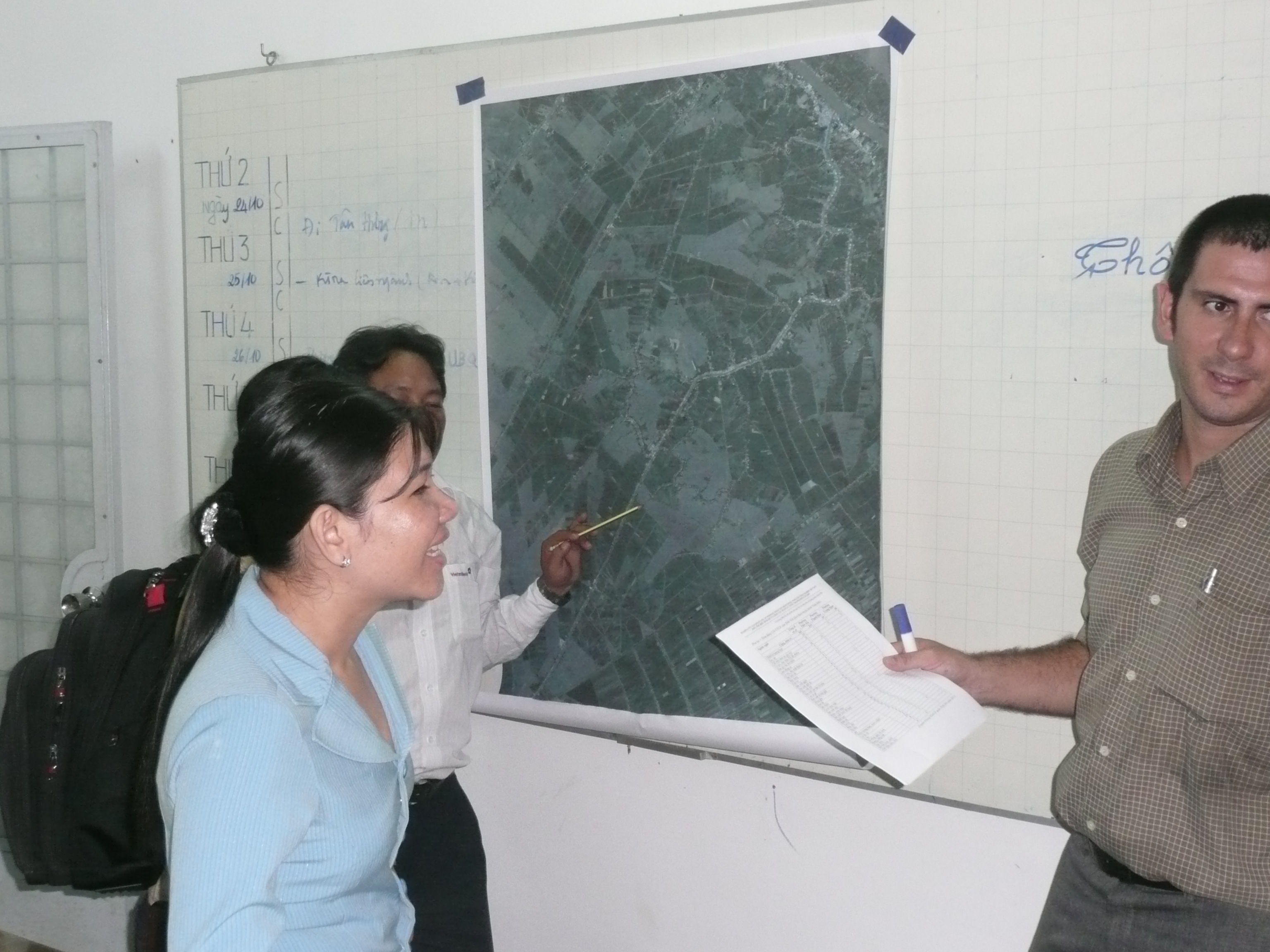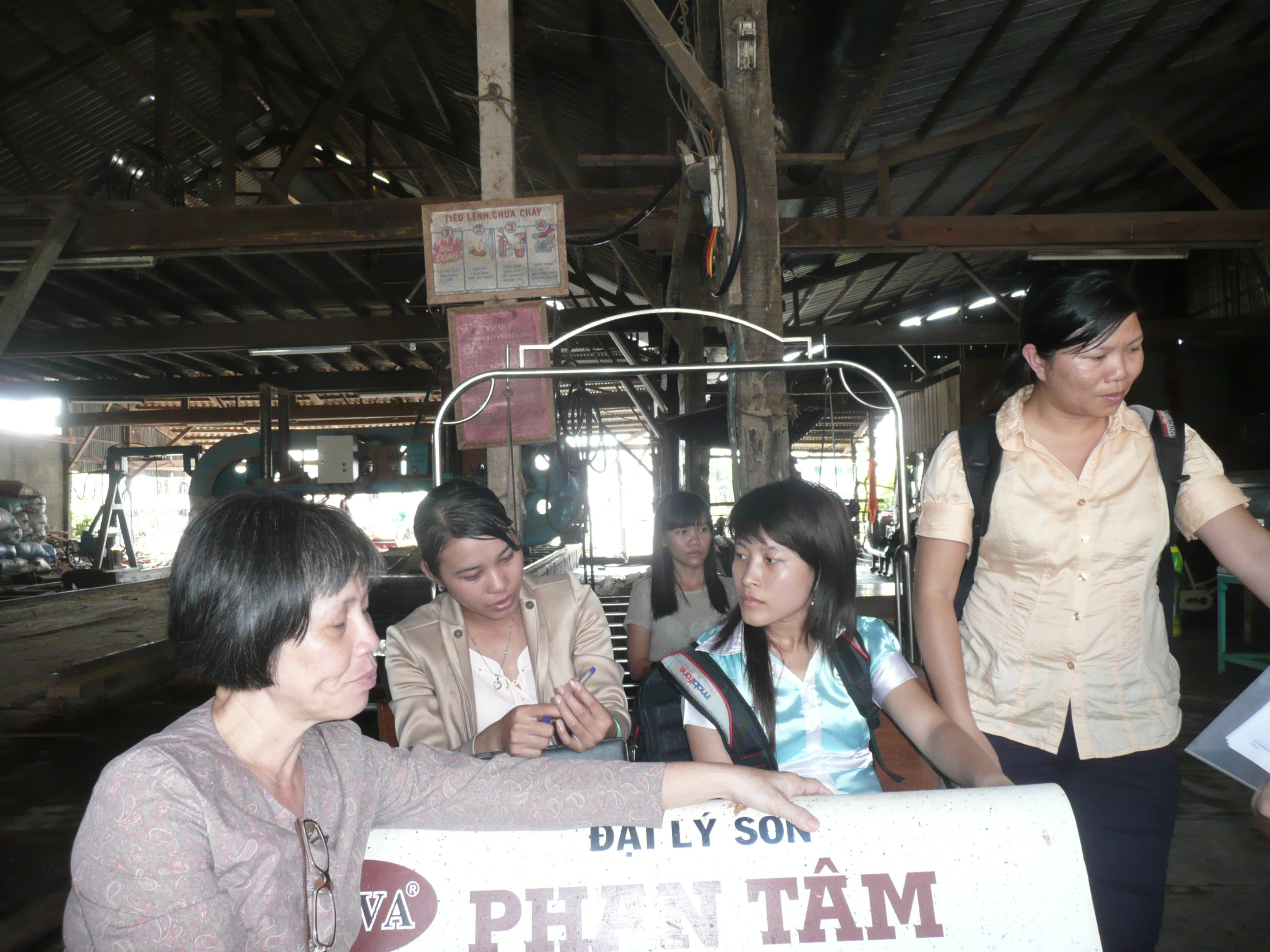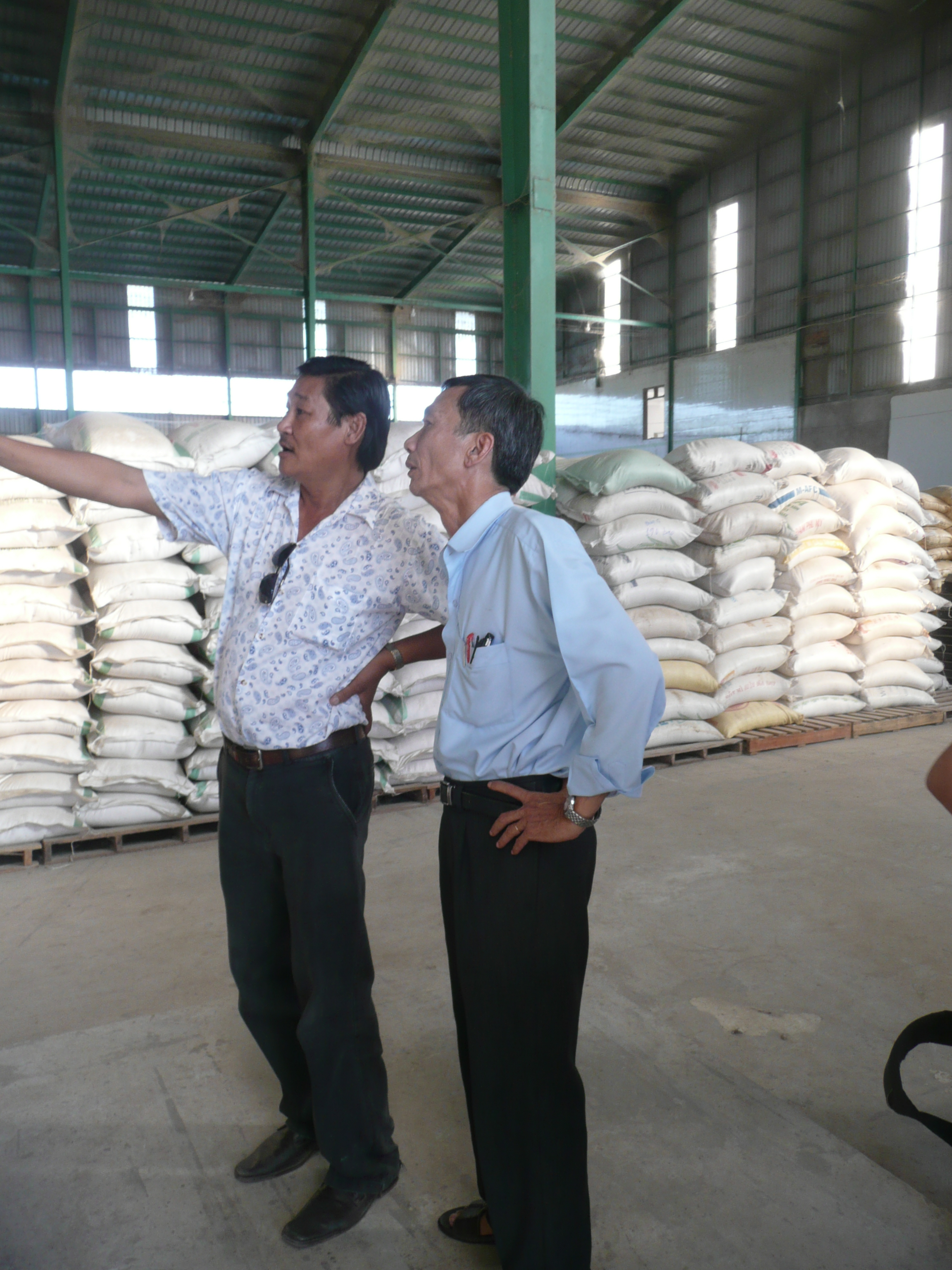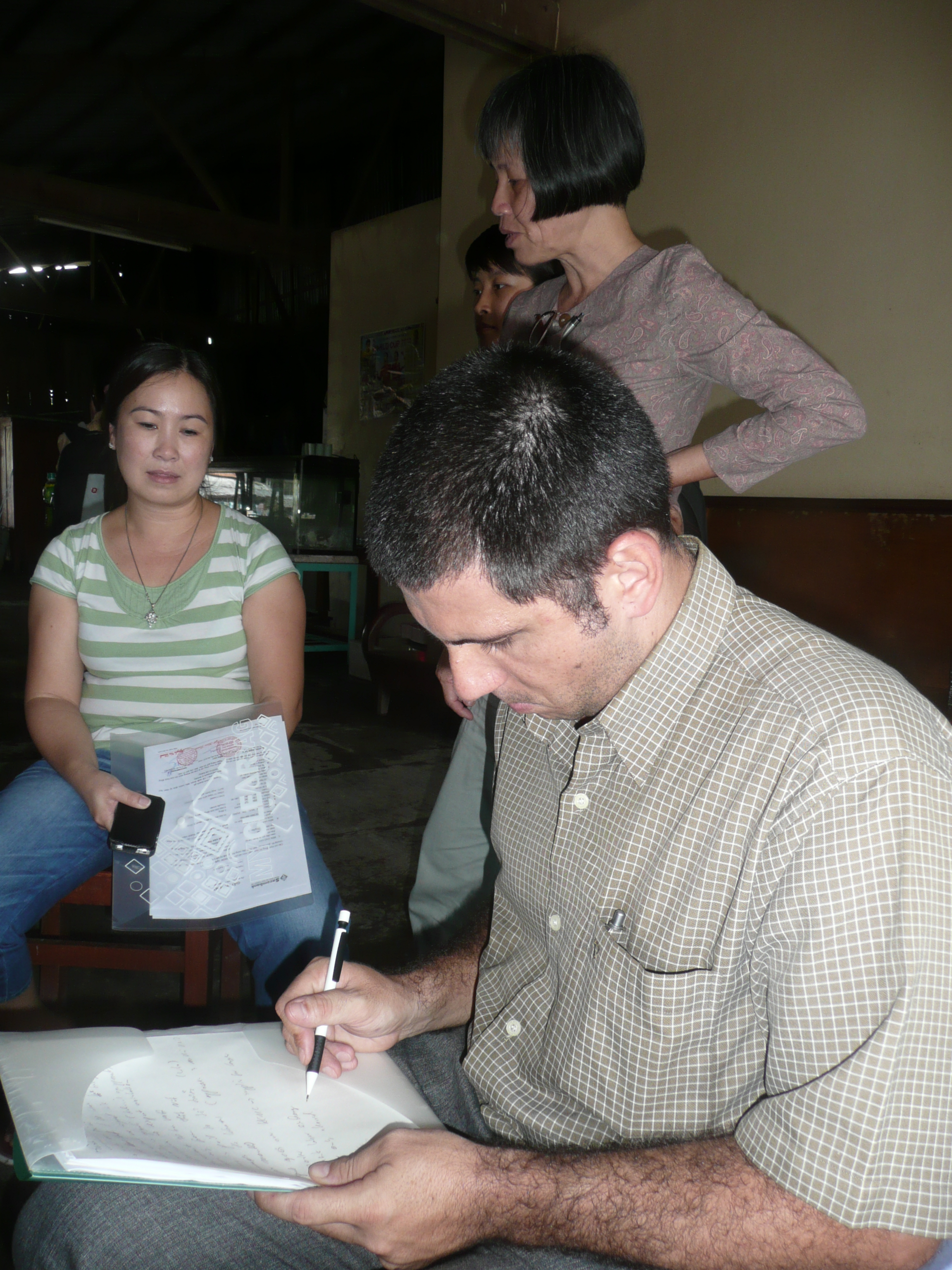ZEF, CIDS and SISD embark on joint research initiative on livelihoods, small-scale enterprises and water resources management in the Mekong Delta
With a joint workshop held in Can Tho City from October 26th to 28th 2012, the Center for Development Research (ZEF), the Institute for Socio-economic Development Studies of Can Tho City (CIDS) and the Southern Institute for Sustainable Development (SISD) started a new collaborative research initiative that aims at exploring the interrelationship between small-scale enterprise (SSE) development, changing livelihoods and natural resources, in particular water in the project region.
Although the Mekong Delta remains a region economically dominated by agriculture production, significant trends of industrialization can be observed. National and local policies provide for the development of the industry sector and land use and economic planning documents testify for their implementation. In addition to large and medium scale enterprises, often located in industrial zones, small scale, private firms are increasingly being established. These generate new income and employment opportunities, but also respond to new demands in terms of goods and services on the domestic (and even international) markets. With regard to socio-economic transformation processes, SSEs constitute alternative livelihood options for many families and off-farm laborers in rural and peri-urban areas of the delta. However, the historical and current development process of small-scale enterprises has been under-researched and also little is known on how their operations affect the environment. With regard to water for instance, SSEs gain of importance as water users, they largely depend on water transportation and they have a high potential to contribute to water pollution. Finally, a number of water related businesses, such as the production of ice blocs and the bottled water industry emerged and continuously grows.
In order to shed light on these and other related questions, the three WISDOM partners decided to organize for a collaborative research. This was discussed in a workshop organized in Can Tho and consisted of the following: The first day was devoted to intensive discussions on the research rationale and the identification of core research questions. On day 2, participants undertook an explorative field trip to potential study sites along the Thot Not canal, located in the northern part of Can Tho City (Co Do and Thot Not districts). This area shows a high diversity of small-scale businesses, ranging from export-oriented rice mills and wood processors (saw mills, carpentries, dockyards) to smaller family-based food processors and construction material producers for local markets. During the field trip, participants met with relevant district authorities and visited a number of manufacturing companies. During the third day, participants discussed their findings, agreed on the research approach and developed a detailed work plan.
Next steps will be the collection of secondary data, the conduct of in-depth interviews with relevant state agencies in Can Tho City and a preliminary data analysis. Furthermore, a draft questionnaire for a survey of SSE will be developed. The study will deploy a mixture of research instruments and include a small survey on the labor force. Furthermore, focus group discussions with residents of surrounding communities, focusing on environmental aspects, will be organized. Fieldwork will take place during the coming months and should be completed during the first half of next year.
|
|
|
|
|
|
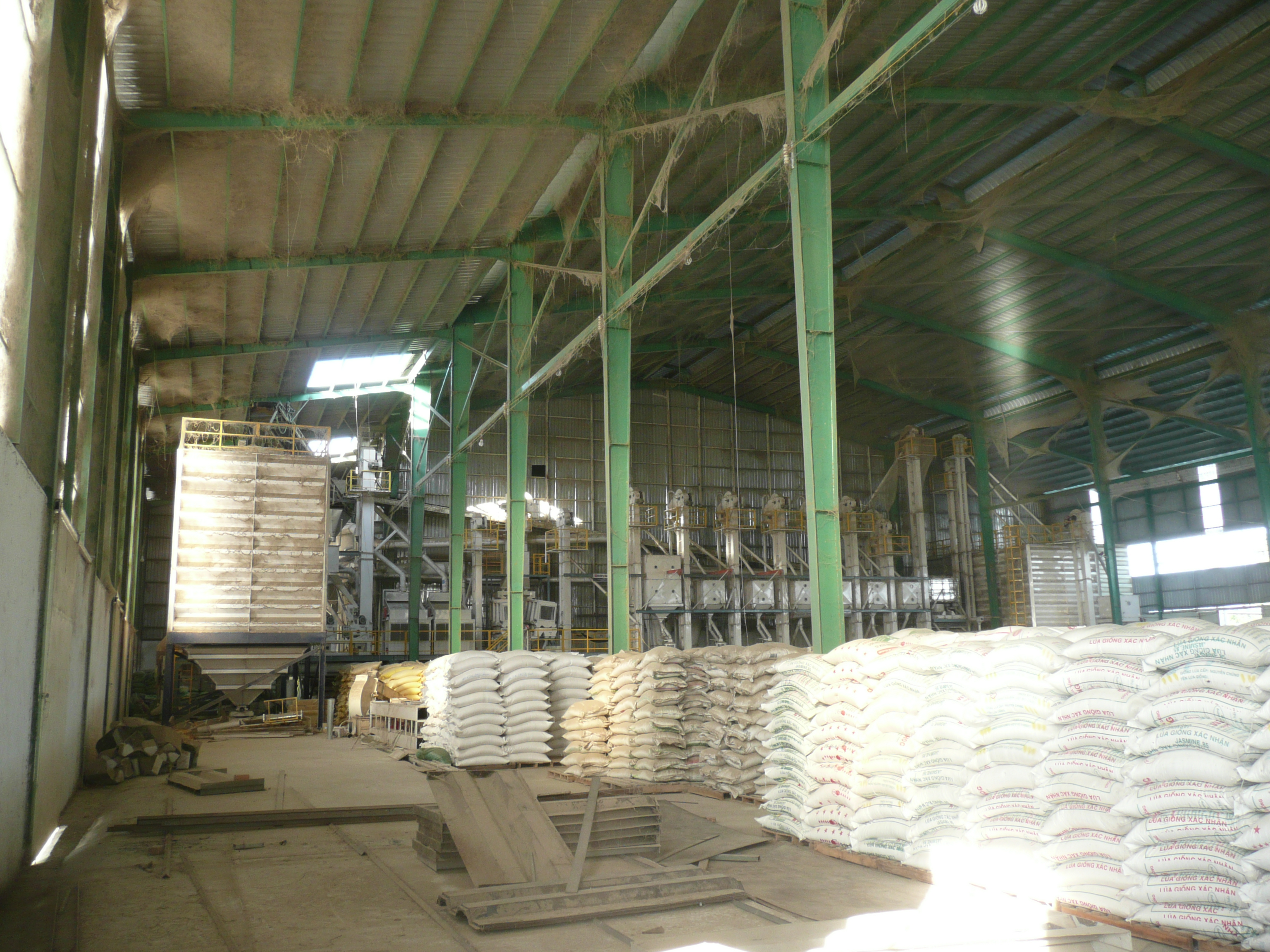 |




